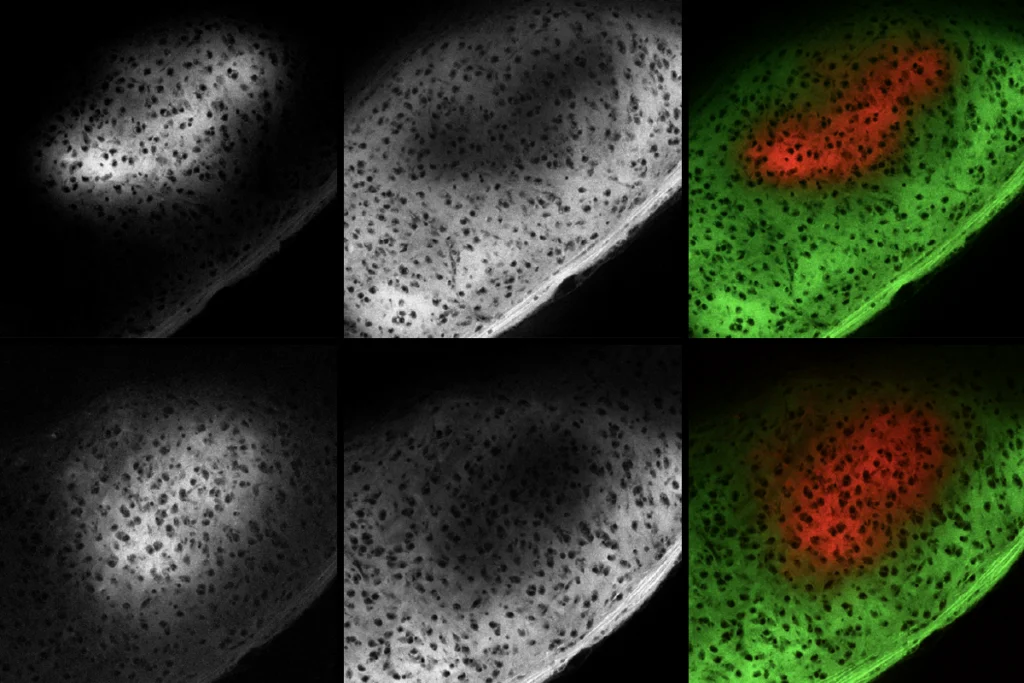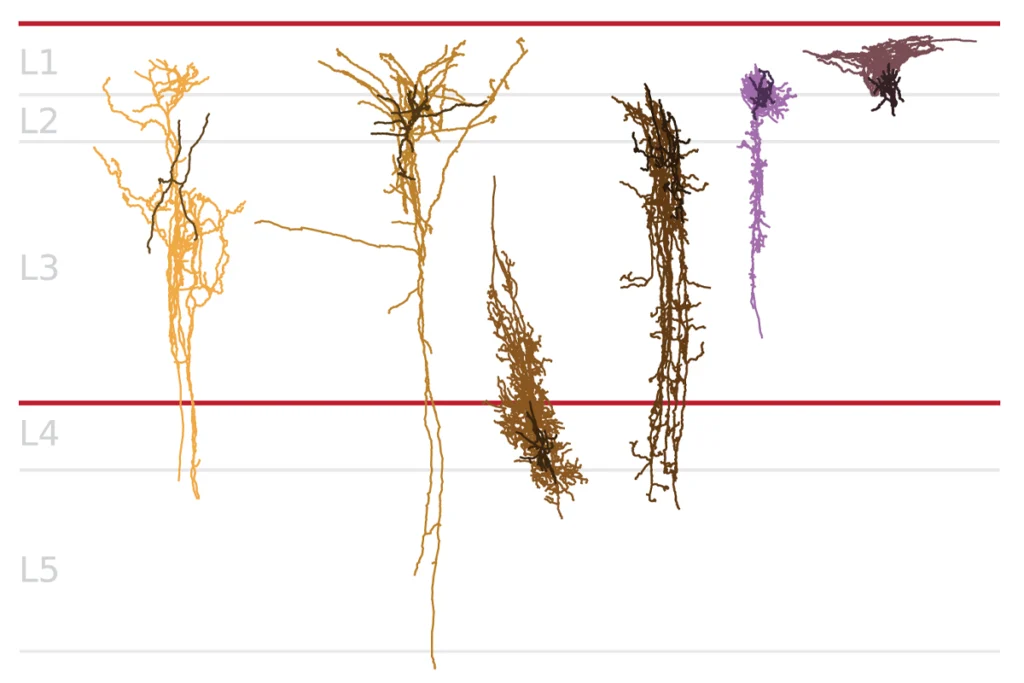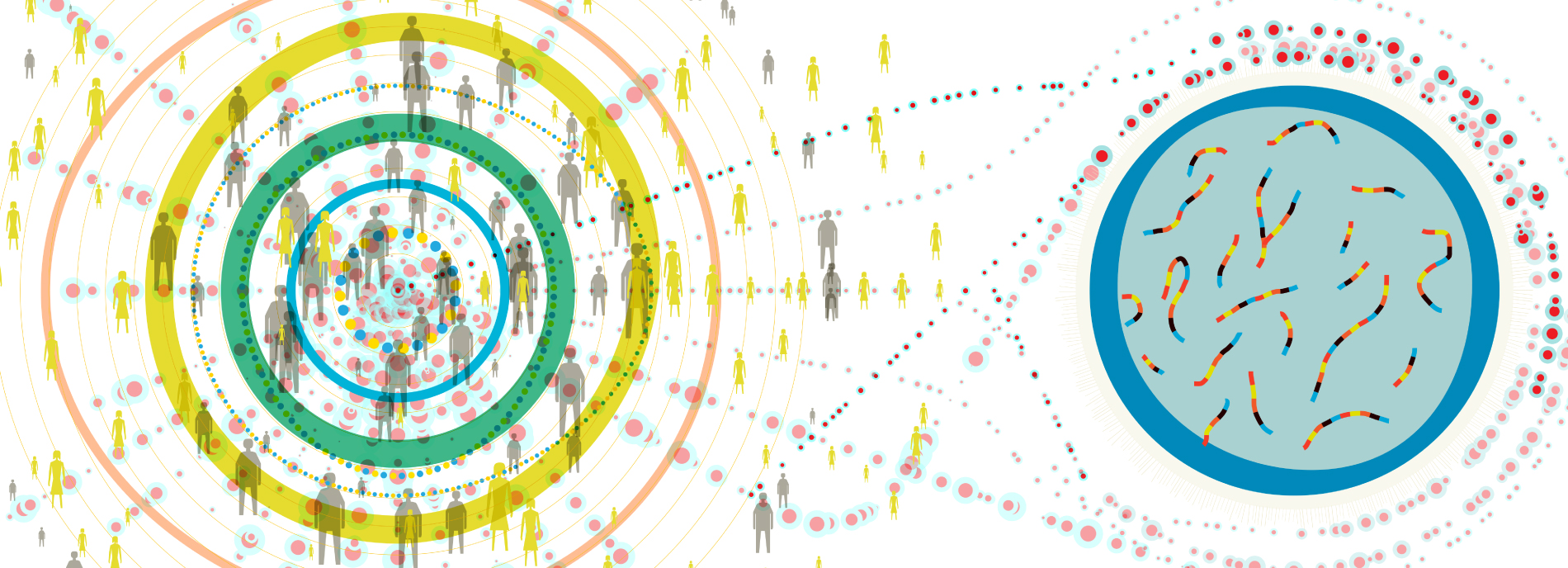Simon J. Makin is an auditory perception researcher turned science journalist. Originally from Liverpool, he has a Ph.D in computational auditory modeling from the University of Sheffield. His writing has appeared in Nature, Scientific American and New Scientist, among other places.

Simon Makin
From this contributor
From 0 to 60 in 10 years
After a decade of fast-paced discovery, researchers are racing toward bigger datasets, more genes and a deeper understanding of the biology of autism.
Explore more from The Transmitter
Karen Adolph explains how we develop our ability to move through the world
How do babies' bodies and their environment teach them to move—and how can robots benefit from these insights?

Karen Adolph explains how we develop our ability to move through the world
How do babies' bodies and their environment teach them to move—and how can robots benefit from these insights?
Microglia’s pruning function called into question
Scientists are divided over the extent to which the cells sculpt circuits during development.

Microglia’s pruning function called into question
Scientists are divided over the extent to which the cells sculpt circuits during development.
Early trajectory of Alzheimer’s tracked in single-cell brain atlases
Inflammation in glia and the loss of certain inhibitory cells may kick off a disease cascade decades before diagnosis.

Early trajectory of Alzheimer’s tracked in single-cell brain atlases
Inflammation in glia and the loss of certain inhibitory cells may kick off a disease cascade decades before diagnosis.
